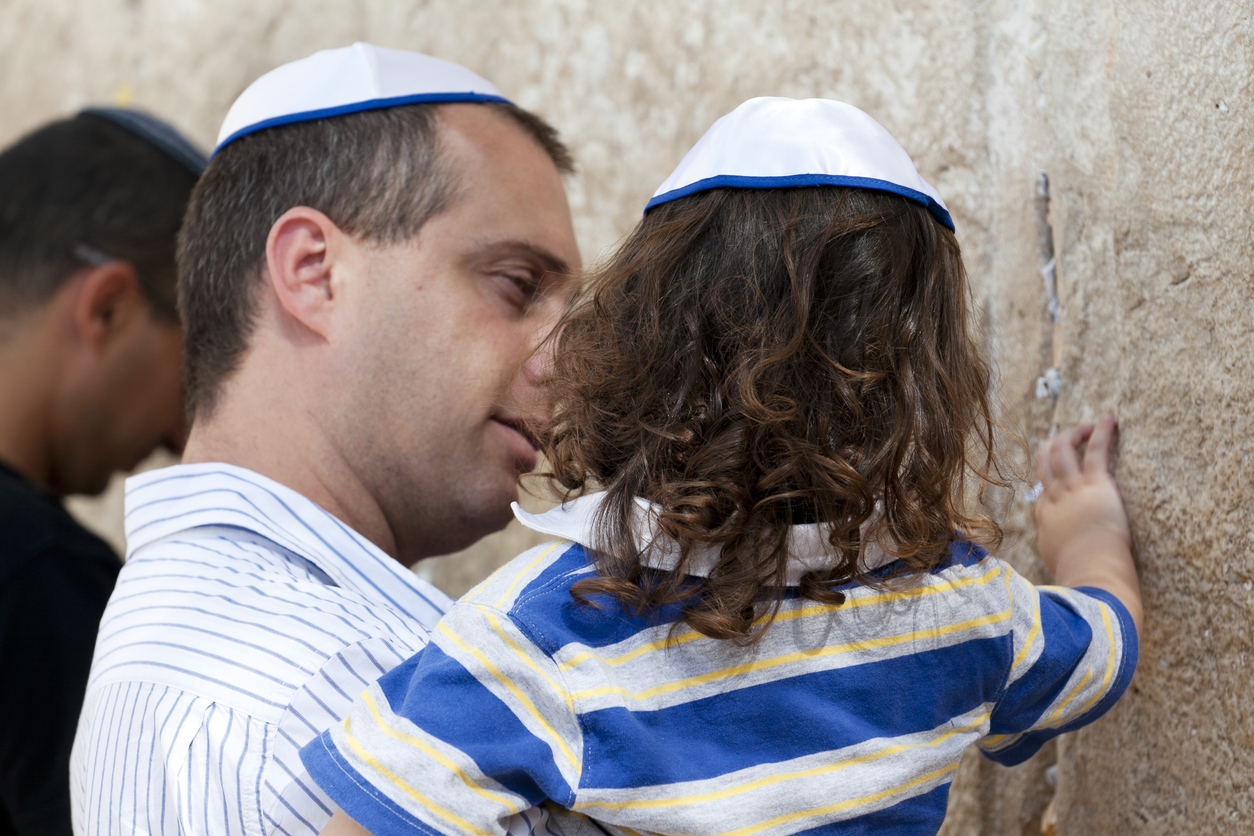At its core, Judaism is about a search for meaning. And like most human beings, we try to find meaning by telling ourselves a story.
Each year, we tell ourselves a story by reading the Torah – a story about how the world was created, about how God brought us out of Egypt, and how God asked us to become a kingdom of priests and a holy people.
And every morning, traditional Jews recite an abbreviated version of that story. We thank God for the miracles in our lives – the ability to stand up, the ability to see, the gift of Torah. And we remind ourselves that God has given many things to us, and we, in turn, must give things to others – through acts of kindness, through acts of justice, through creating a world of love.
Judaism tells a powerful story – a story of hope, a story of empowerment, a story in which each of us has the power to change the world. For thousands of years, Jews have found meaning in that story. But for many modern Jews, that story has become broken. Too many Jews have grown up with the idea that religion is about dogma, that God is the puppeteer in the sky, and that synagogues are places where cold, distant rabbis tell other people what to do. For too many people, Judaism has become a negative story – a story about what they don’t believe in.
But negative stories don’t provide meaning. They allow us to say what we’re not. But they don’t allow us to say, “This is who I am. This is why I was born. This is what I was sent here to do.” And ultimately, that last statement – this is what I was sent here to do – is what gives life meaning.
Jews who have negative stories are all around us. As rabbis and communal leaders, we need to help them – not by converting them, not by changing their theologies, but by loving them and giving them the gift of listening to them, the gift of being present for them, and the gift of recognizing the holiness inside them.
Every Jew has a spark of the divine inside them, and if we get to know the spark within them, we can help them see that they are already “doing Jewish” whether they know it or not. By simply doing the things one may already be doing, such as visiting the sick, celebrating Jewish culture, or even being kind to one’s children, these small acts are Mitzvot, and are bringing holiness into the world. In Judaism, it’s our actions that matter. I often tell people, “It’s not that important whether you believe in God. What matters is that God has faith in you. God has placed His world in your hands. And every day, you’re justifying God’s faith.” For some, our conversation helps them realize that their lives have a higher meaning, because, to paraphrase Abraham Joshua Heschel, God needs them. God needs them to be his partners in creating a better world.
We don’t study Torah to find the one, irrefutable truth. We study Torah because the act of studying Torah changes the world. “When two people sit together and exchange words of Torah,” taught the ancient rabbis, “the Shechinah (Dwelling place of God) dwells between them.” The outcome of Torah study should not be dogma or absolute agreement; it’s an experience of connection, of two people hearing each other’s truths, of two people helping each other to grow. And ultimately, Torah study is about a group of people experiencing something larger than themselves– the one with the Ineffable name. That kind of experience, I have seen, helps people become part of our shared Jewish story.
We don’t need to convert people. We don’t need to change their theologies. We just need to welcome them, to listen to them, and to love them.
In the end, perhaps it’s all very simple. We need to:
- Find a way to love every person who comes through our doors.
- Listen to them and help them find the holy things that they are already doing.
- Teach them that what matters isn’t their beliefs. What matters is God’s faith in them.
- Create study sessions where people can honor each other’s truths and encounter each other’s souls.
If we do all of these things, then the Shechinah will dwell among us. Theological discussions will no longer matter, because God will be present. And all of us, regardless of our beliefs, will find our place in the Jewish story.

